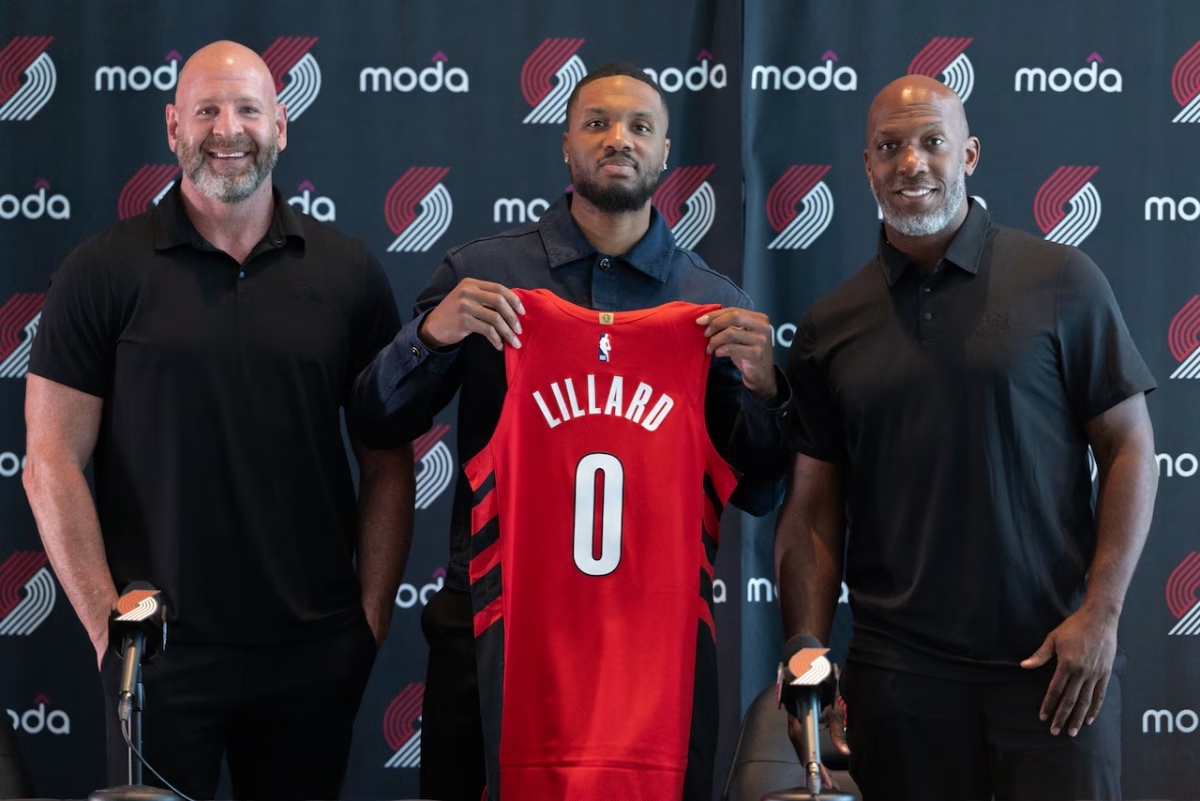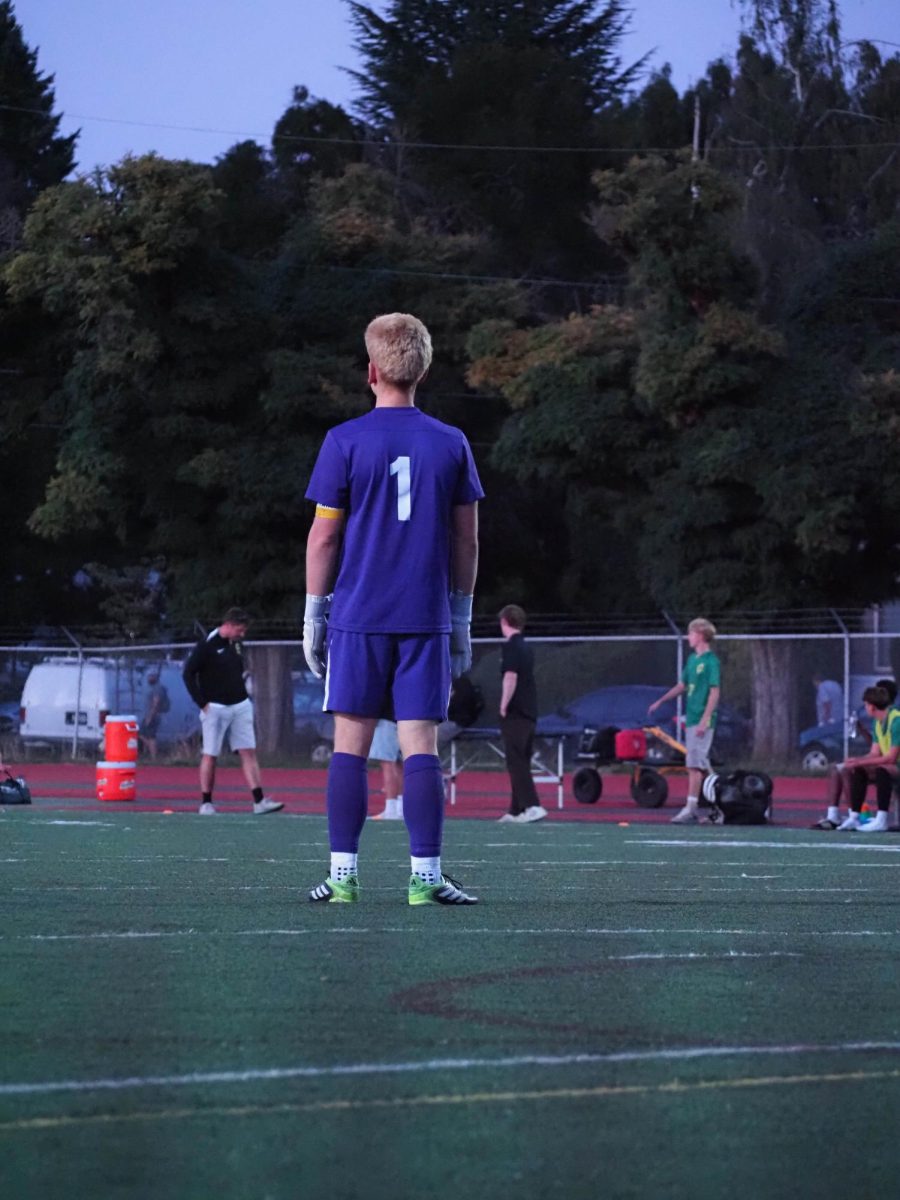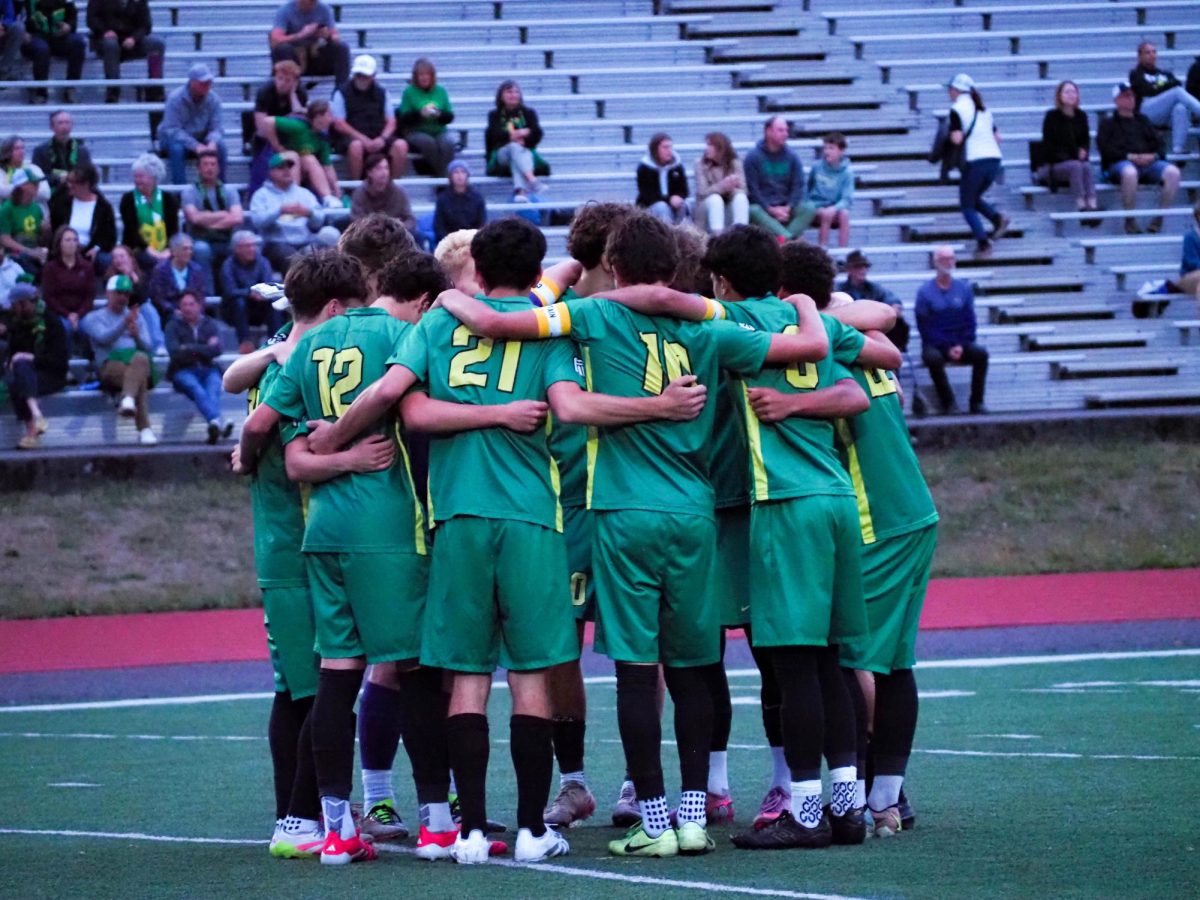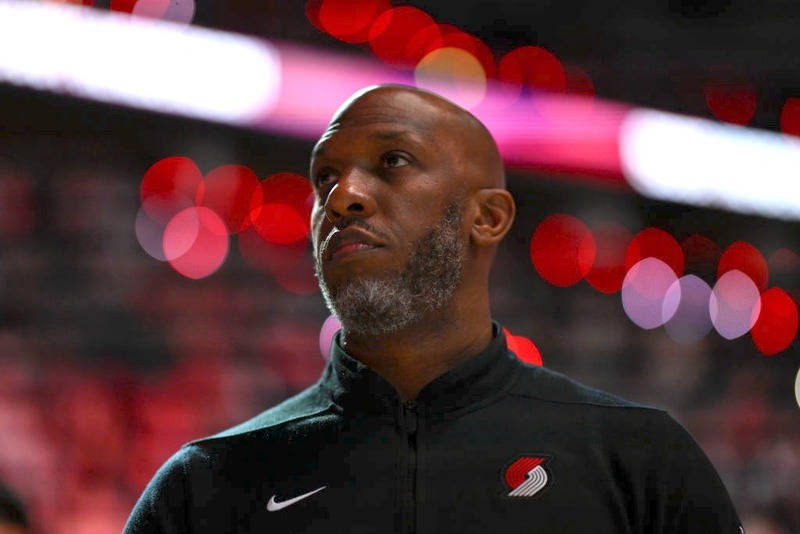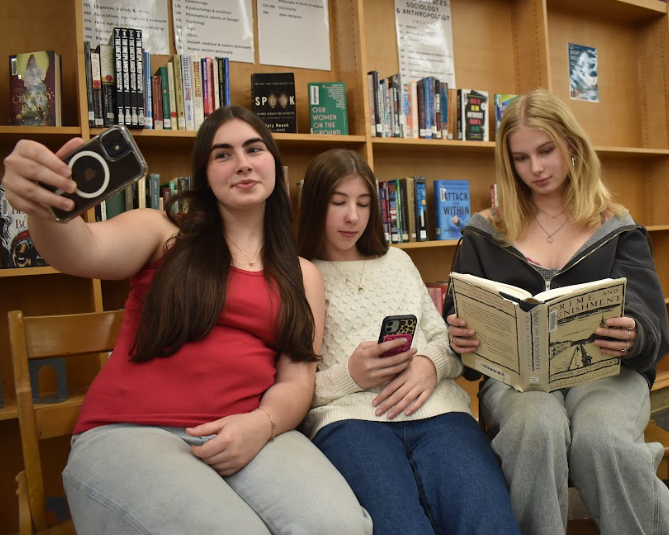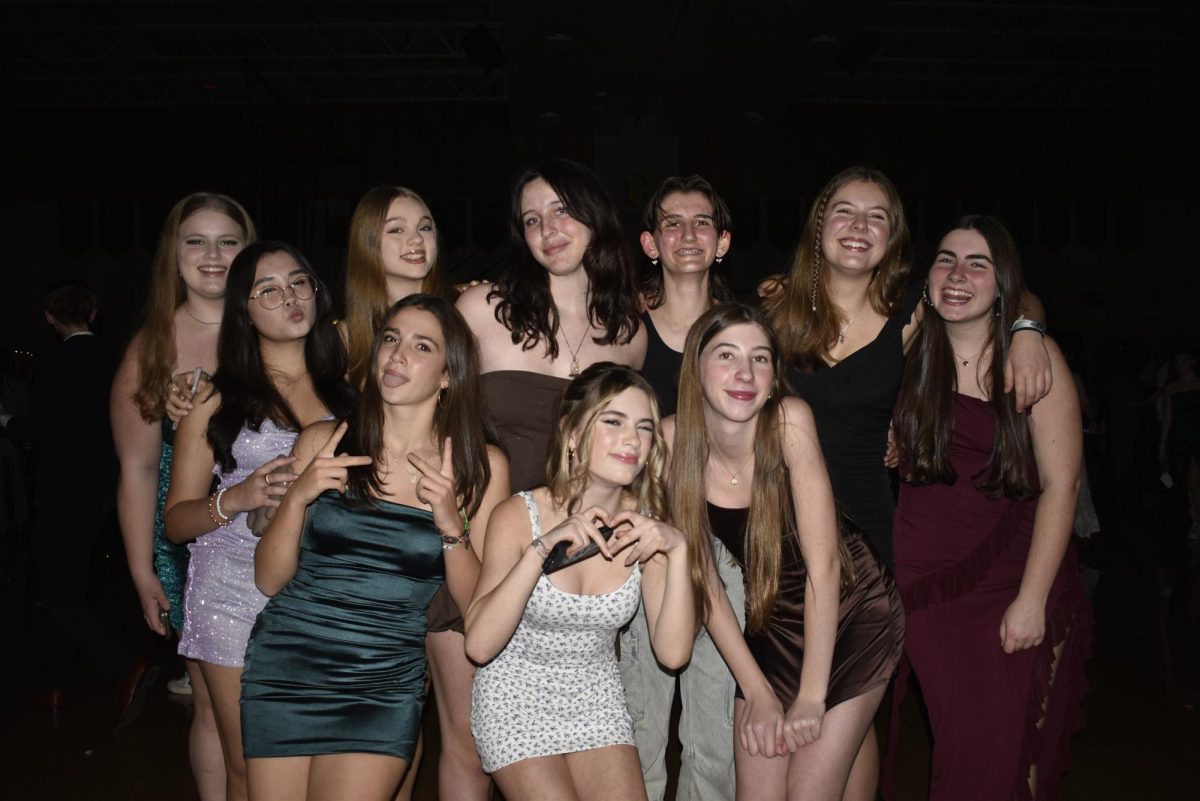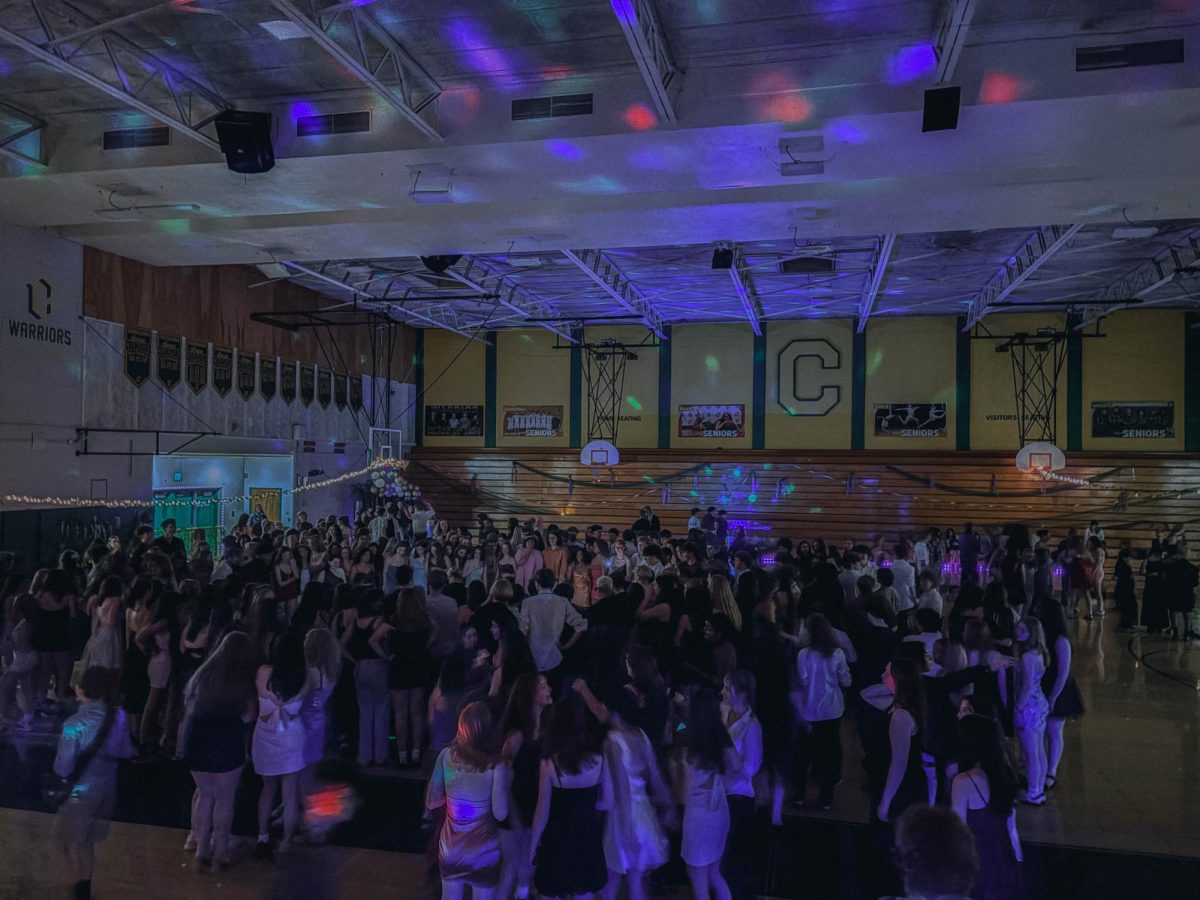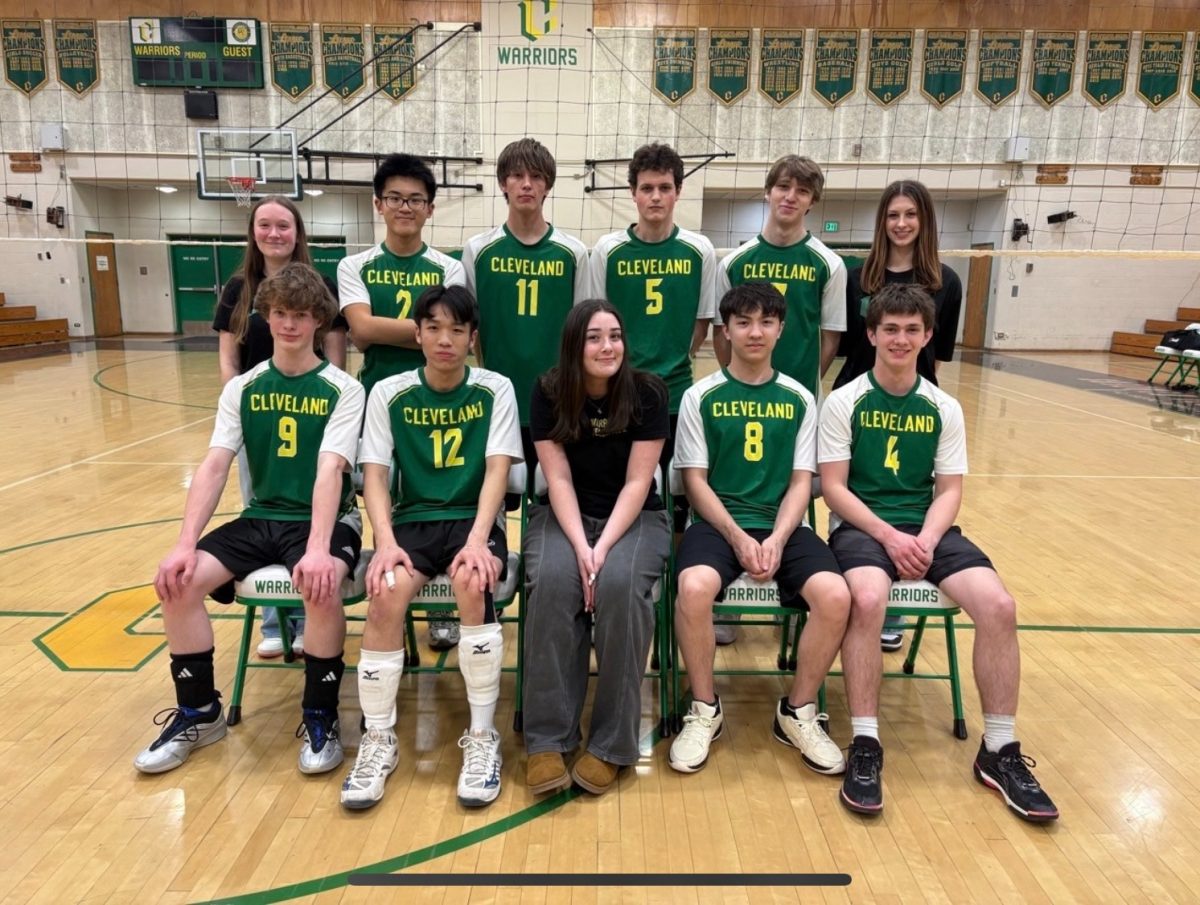CARE is Not Slowing Down: Plans for Next Year
June 1, 2018
After presenting the findings of their October survey on hallway policies at Cleveland to the staff, student body, and community members, the Cleveland Alliance for Racial Equity (CARE Leadership) is expanding the scope of their work into the greater Portland community.
On May 3, sophomore Lydia Wade-Sully and senior Caroline Diamond were invited to speak on OPB’s Think Out Loud program hosted by Dave Miller after a parent at the community presentation contacted OPB about the story.
In the nearly 12-minute long segment Wade-Sully and Diamond shared the results of the hallway climate survey, which found that students of color were being disproportionately stopped and questioned in the hallways at Cleveland.
“CARE has taught us all that we’re equal in intelligence to adults. I went into the interview thinking, ‘I don’t have to be afraid of the man who’s interviewing me because I’m the expert on this and Lydia is the expert on this.’ And that was really powerful. It gave a fantastic platform to reach a lot of people,” said Diamond.
In the interview, Wade-Sully explained her own experience as a student of color. “It usually consists of a security guard coming up to me,” Wade-Sully told Dave Miller. “We have these big neon green hall passes that we have to carry with us and whether I have that in my hand or not they will come to me and be like, ‘Do you have a pass? Where are you going? Go back to class.’ Teachers stop us too, it’s not just the campus security.”
In comparison, Diamond shared a much different point of view. “As a white student I have never been stopped in the hallways. Whether I have a hall pass or not I have never been stopped.”
In addition, Cleveland Principal Ayesha Freeman sent a statement to Think Out Loud that was also read on air. The statement read:
“Our CARE students have had multiple opportunities to share their research with staff, students, and community members and these presentations have initiated an important school dialogue. We are working hard to ensure our classrooms are welcoming and safe places where students remain engaged. If a student is in a hallway during class time, staff will ask why they aren’t in class. My expectation is that these are respectful conversations and that students may be asked to return to class.”
Both Diamond, who is also editor in chief of the Clarion and Wade-Sully expressed feeling caught off guard by the statement, which they had not been informed of beforehand. “I felt that Ms. Freeman should have told us before that a statement was being sent just because I felt like the adults in the situation were almost trying to catch me and Lydia off guard, like catch us in a way that we were going to have to scramble on air,” said Diamond.
Think Out Loud also contacted the district to see if there was an overarching policy for hallway security. Their statement, from a PPS district spokesman read, “There is no policy but we consistently check in with students as we can if they’re in the hallway during class time. If we don’t have enough monitors to check in with every student, we often will not check in with a student who has a hall pass.”
In response to the hearing these statements, Diamond concluded, “In class, we often say the quote by Michelle Obama ‘When they go low, we go high.’ And so it’s really important for us to remember that we’re a group of students and that we’re working against a system and not directly against administration, or security guards or the teachers at our school. We’re working against a system that is working within our school.”
In addition, CARE Leadership, which is taught by Lynne Allers, will present their survey to the school board on June 12. “We’re really trying to push for equity funding. We really don’t want that to be cut at Cleveland. That’s the primary intention of going to the board. We’re going to show them our information and talk about how this could have implications that are beyond our time at Cleveland,” said senior Adam Nayak. With the reallocation of equity funding for the 2018-2019 school, Cleveland does not meet the required threshold to receive additional equity funding.
“With presenting [our data] to the board, we’re trying to let them know that regardless of how many students who are historically underprivileged you have in your school, you need equity funding. And in a primarily white school it’s still really important,” said senior Mikaela Clarke.
Senior Lanie Neher added, “Their goal with the redistribution of equity funding was to allow historically underrepresented people to have more opportunities, which I get that. That’s a great thing we should do but we should also be focusing on the 400 POC students at Cleveland that are not having their needs met by the district and that’s what we want to highlight at the meeting.”
The class reached out to Senator Lew Frederick, who represents North and Northeast Portland in the Oregon Legislature, for advice and support. As a former member of the Oregon State Board of Education, he gave the class advice on how to package their message in an impactful way. “Having him as support is really encouraging because within our own school we have a lot of support but we also have non-supporters and Senator Frederick instills the idea that we’re doing work that is important and that is necessary and is work that he as an elected senator can get behind,” said Diamond.
Their work will also include publishing their survey in an academic research paper in the coming months, with plans to work on it over the summer. “It will take a more academic standpoint. We will be talking more about theories. When we presented to the students it was very basic. It was things that were very understandable and of course we want our research and whatever we write to be that way also, but we want to include academics and the bigger picture,” said Neher.
As the Cleveland Alliance for Racial Equity concludes its inaugural year as a leadership class, they have no plans to slow down. The work of CARE continues to foster change in the Cleveland community and beyond. “CARE showed that student voices are really strong,” said Diamond.




